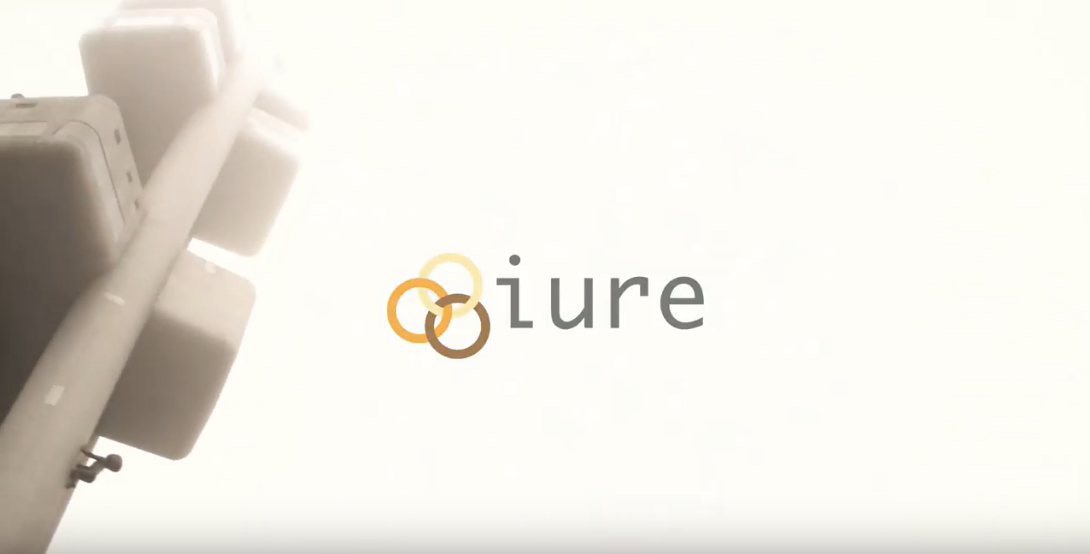IuRe teams up with journalist to sue the Czech state for mobile phone data collection
The Czech state has been collecting data on the mobile communications of all its citizens. While the content of the communication remains unknown, other types of data are stored for six months through telecommunication operators. The stored data includes information on phone traffic and the locations of the internet connection. However, according to EDRi's member Iuridicum Remedium (IuRe), such large-scale data collection conflicts with European legislation. Therefore, together with investigative journalist Jan Cibulka, it has decided to sue the Czech state and demand an apology for illegal data collection.
The Czech state has been collecting data on the mobile communications of all its citizens. While the content of the communication remains unknown, other types of data are stored for six months through telecommunication operators. The stored data includes information on phone traffic and the locations of the internet connection. However, according to EDRi’s member Iuridicum Remedium (IuRe), such large-scale data collection conflicts with European legislation. Therefore, together with investigative journalist Jan Cibulka, it has decided to sue the Czech state and demand an apology for illegal data collection.
“Collection of operational and location data, or so-called ‘data retention’, is done to allegedly fight serious crime and terrorism. However, according to the crime data available, the use of such metadata has no impact on crime reduction or its clarity; on the contrary, such data is exploitable. In the past, information about the contacts of influential people was obtained in this way, both in the Czech Republic and throughout the world, leading to the identification of participants of anti-government demonstrations and journalists’ sources,” describes Jan Vobořil, a lawyer from the digital-legal organisation IuRe, who represents the plaintiff in the lawsuit.
Preparations for the lawsuit began last year, when IuRe launched a crowdfunding campaign, through which it collected several tens of thousands of Czech crowns from the public to cover associated expenses. According to the legal action plan drawn up by the organisation, the whole dispute may end with the Court of Justice of the European Union.
“Of course, we assumed that the case would be dealt with by the judiciary. But I hope that the district court will turn to their counterparts at the European Court of Justice with a preliminary question, so we will know right from the start whether our country’s data retention arrangement will survive or not,” says Jan Cibulka, who is the plaintiff in the dispute.
IuRe has been dealing with the issue of data retention for almost ten years. In 2011 the Czech Constitutional Court repealed the relevant regulations in the law thanks to the activities of the organisation. However, the Czech government immediately adopted a modified amendment, according to which the collection of metadata continues. In 2017, IuRe reached the Constitutional Court again with a proposal for a repeal, but the court sided with the government. The current lawsuit is based, among other things, on the ruling of the Court of Justice of the EU of October 2020, according to which the Member States cannot collect large-scale metadata of citizens, as it violates European law.

See IuRe’s video on YouTube here.
If the lawsuit succeeds, the Czech Ministry of Industry and Trade, under which the data retention regulation falls, will need to stop the widespread collection of metadata of the electronic communication of people in the Czech Republic. In addition, they would need to issue an apology to the journalist Jan Cibulka for the unauthorised interference of their personal rights.
Read in Czech here.
Image credit: IuRe/ (CC BY-NC-SA 4.0)
(Contribution by: EDRi member, Iuridicum Remedium)

